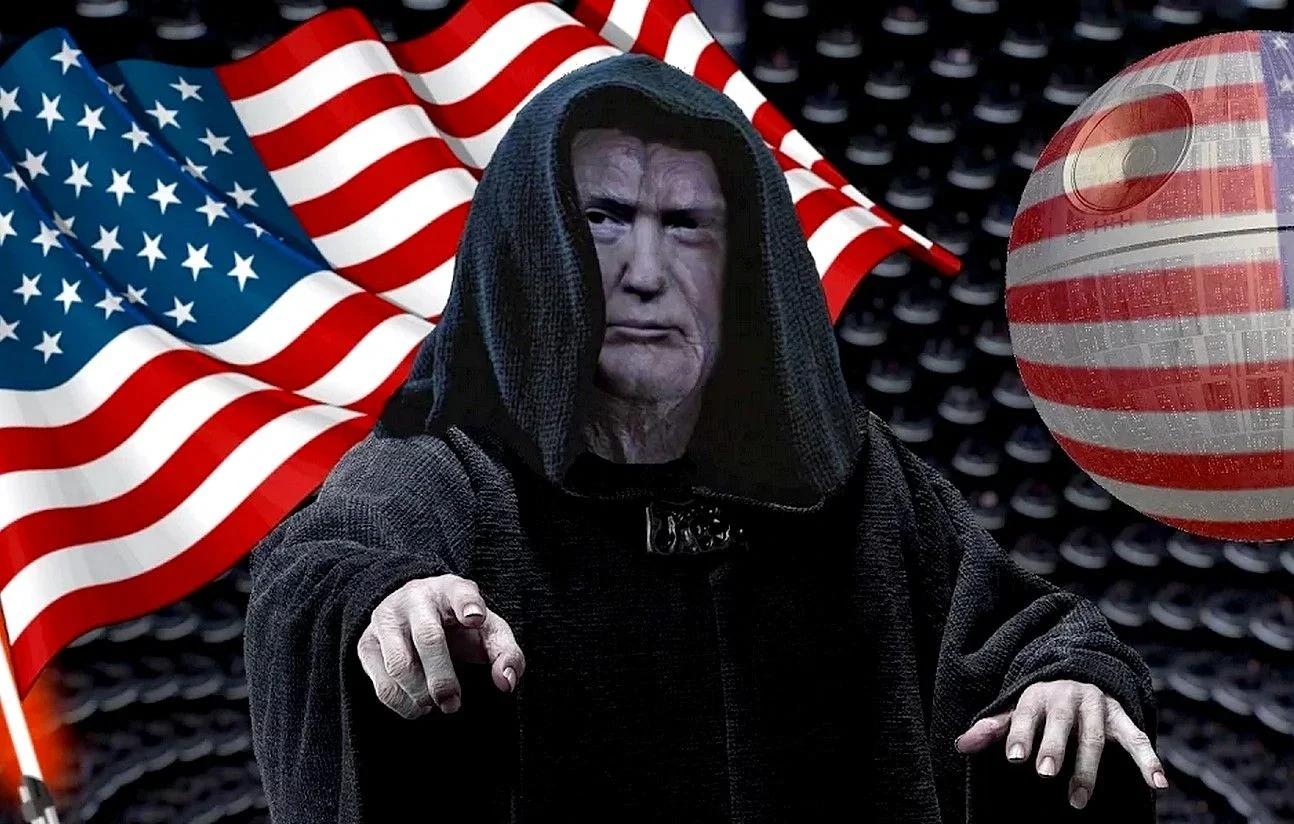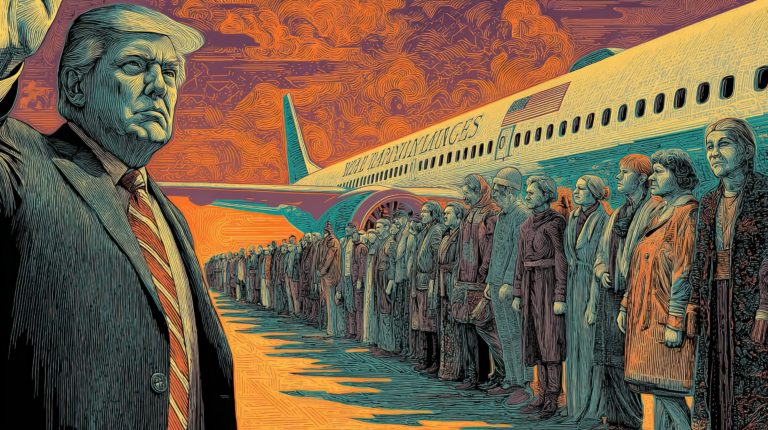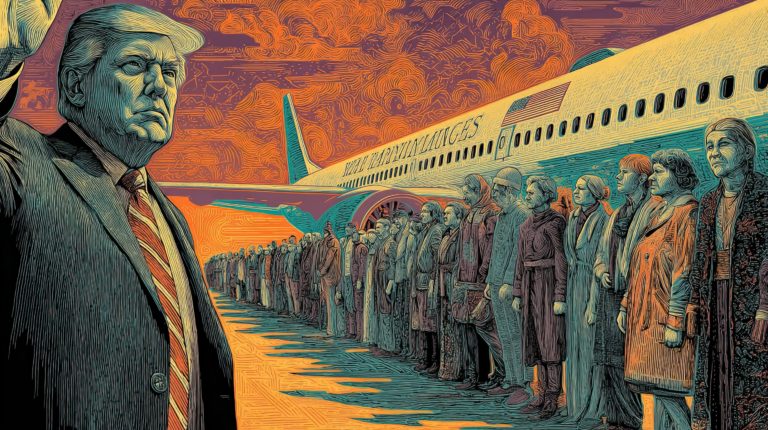Trump and the Return of Neocolonialism: From Greenland to the Panama Canal, America in Conquest Mode
In his latest speech to Congress, Donald Trump outlined a worrying expansionist vision, suggesting that the United States should no longer merely influence global affairs but instead return to direct interventionism. After confirming the complete withdrawal of military aid to Ukraine, he floated the idea of acquiring Greenland and reclaiming control over the Panama Canal.
These statements reflect an undisguised neocolonial rhetoric, where independent nations are seen merely as pawns in a global power game. If such plans were to materialise, they would call into question decades of national sovereignty and diplomatic balance.
Greenland: Trump’s Imperialist Obsession
Trump’s idea of purchasing Greenland is not new. As early as 2019, during his first presidency, he had publicly expressed his desire to acquire this autonomous territory under Danish sovereignty, a proposal that was met with shock and firmly rejected by Copenhagen.
Now, with his return to power, Trump revives this idea under the guise of strategic interests and countering Chinese and Russian influence in the Arctic.
Why Greenland?
- A key geopolitical position: The island lies between America and Europe, and controlling it would allow dominance over Arctic maritime routes.
- Vast natural resources: Due to climate change, Greenland is becoming a mining Eldorado, with vast reserves of rare earth minerals, oil, and gas.
- An expansionist symbol: For Trump, owning Greenland would be a demonstration of power, proving that the U.S. can still acquire territories in the modern era.
Yet, Greenland belongs to the Greenlanders, and neither they nor Denmark have any intention of selling their land as if it were real estate. But Trump persists, proving that his ideology is not modern but rather a relic of a bygone era, when world powers divided the globe at will.
The Panama Canal: Another Expansionist Target
Trump did not stop at Greenland. In the same speech, he also asserted that the United States should “retake control” of the Panama Canal, calling its transfer a “major strategic loss”.
This statement harks back to the U.S. interventions of the last century when Washington controlled the canal from its opening in 1914 until its transfer to Panama in 1999.
Why does Trump want it back?
- A vital global trade infrastructure, essential for Atlantic-Pacific maritime flows.
- An economic and military tool: Controlling the canal would allow the U.S. to dictate global shipping conditions.
- A pretext to counter China, which has developed close economic ties with Panama and operates strategic ports near the canal.
If any attempt to reclaim the canal were to materialise, it would trigger a major diplomatic crisis in Latin America, rekindling memories of past American imperialism in the region.
An Openly Neocolonial Vision
Trump’s proposals are nothing less than a deliberate return to American neocolonialism. He no longer speaks of influence but of ownership, as if Greenland and the Panama Canal could be negotiated between major powers without consulting the people directly affected.
This strategy aligns with a broader pattern:
- A retreat from multilateralism: Trump undermines alliances, weakens NATO, and withdraws U.S. support for conflicts that do not serve immediate American interests.
- A return to imperialist logic: After abandoning Ukraine, he seeks to assert dominance by controlling territories and strategic infrastructures.
- A total disregard for national sovereignty, which he views as secondary to “superior American interests.”
Trump’s declarations reveal a clear intent to reshape the global order in his image, with an arrogance belonging to a bygone era. The silent complicity of global powers in the face of this rhetoric is alarming.
If these expansionist ambitions are not firmly condemned, they could pave the way for new forms of intervention, crises, and instability.
The post-colonial world has already witnessed the devastation of imperialist conquests. It is high time to reject these attempts to resurrect an order that should have been left in the past.
G.S.






